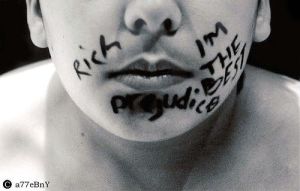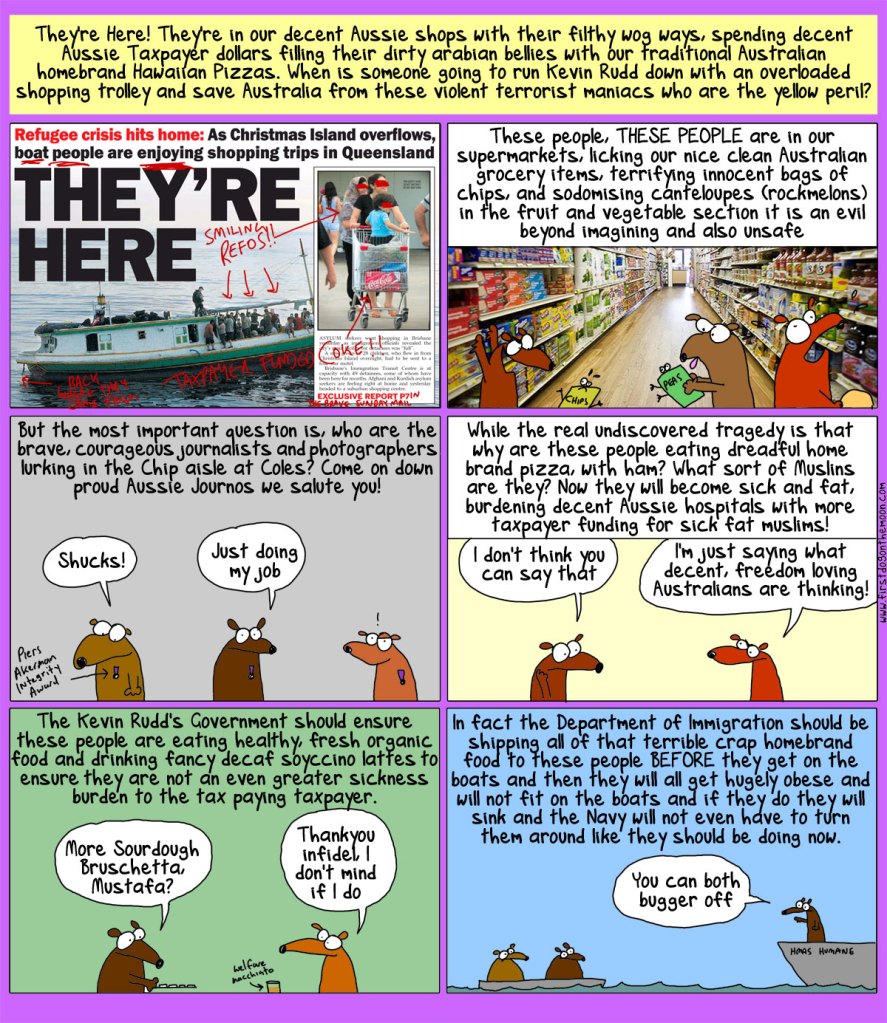 Where there are people, there is racism.
Where there are people, there is racism.
And, like bullying in schools, the places that don’t acknowledge its existence in their midst are the ones where it is most likely to blossom.
That’s why I think that the finding that South Australians have the highest rate of acknowledgement of racism and Anglo privilege than any other Australian states is something to be proud of and encourage.
The South Australia Racism Survey, a part of the ‘Challenging Racism Project’, a ten year study of the geographic spread of racism in Australia was released last Friday, and found that 88 percent of South Australians recognise that racial prejudice is present in Australia
This suggests that among residents of SA there is the strongest public acceptance of the need for anti-racism.
Less positively, however, only 12% of respondents were willing to identify themselves as being racist. (The great majority of respondents were of Anglo background) suggests that respondents, while recognising racism as a problem, do not attribute that problem to themselves, but see it as being caused by other people.
It is very hard to see one’s own prejudices: for a test of your own see Not a racist? You are a fool or a liar – you will be surprised.
“The findings of the ‘Challenging Racism Project’ indicate that South Australians are generally tolerant people, who are accepting of cultural and racial difference,” says Professor Dunn, who led the project.
Other cross state comparisons found that South Australians are more tolerant of cultural diversity than the residents of the states of Queensland and NSW, though less tolerant than those in the ACT.
Other results:
* 85 percent of South Australian residents believe all races are equal.
* 82 percent are not opposed to people of different races marrying each other (this is a key indicator of acceptance)
* 40 percent believe there are cultural or ethnic groups that do not belong in Australian society.
* 12 percent identify themselves as being racist.
Sports get a thumbs-down from the project:
“Most SA respondents reported mixing with members of other cultural groups, but the least amount of crosscultural mixing occurred in sporting circles, with one in five SA respondents never mixing with members of other cultural groups in their sporting circles”.




